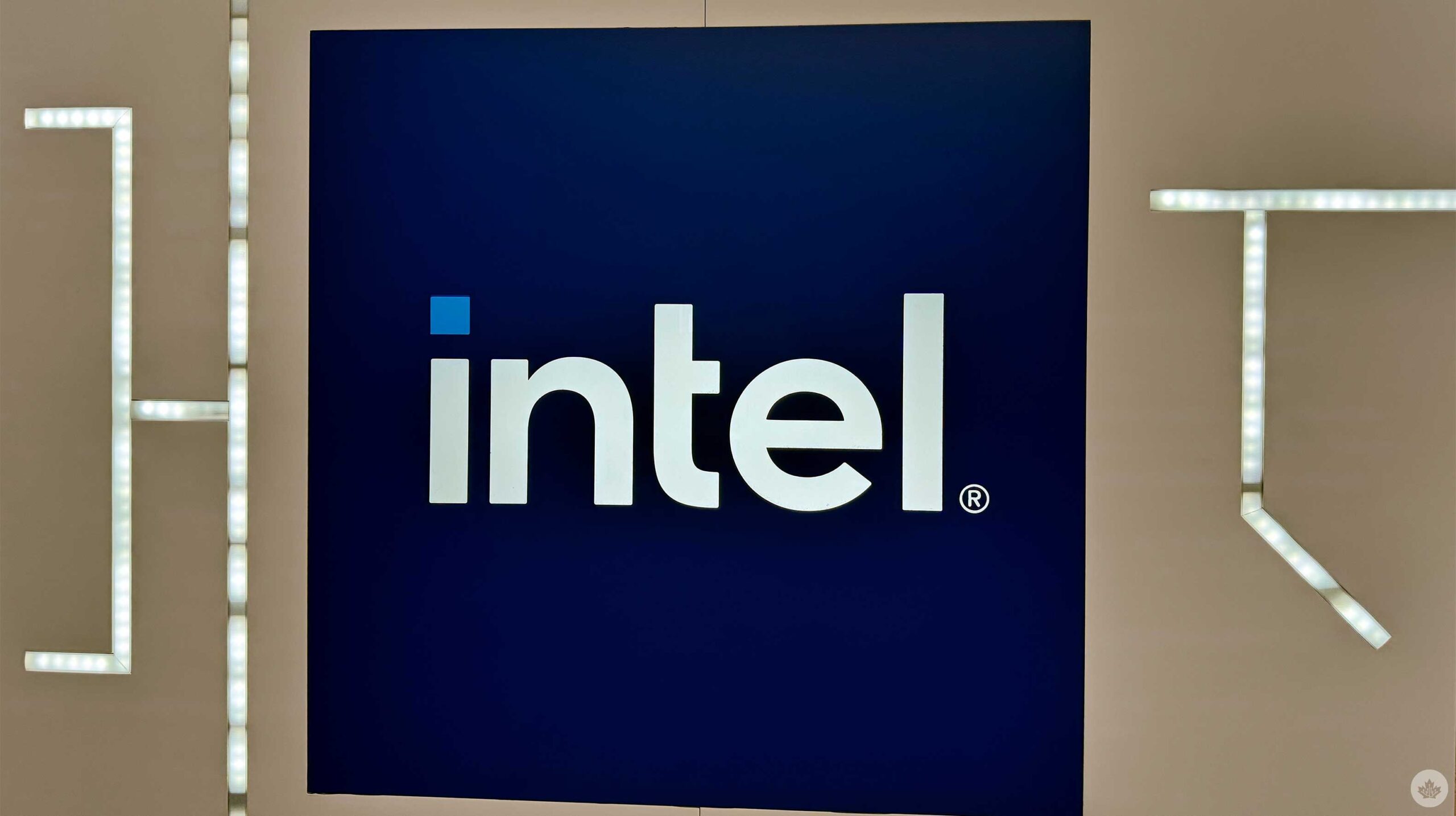
Intel announced major changes including a 15 percent reduction in staff as part of an effort to save $10 billion in costs for 2025.
Other changes include reducing research and development (R&D) and marketing spend by billions through 2026, reducing capital expenditures by over 20 percent and restructuring to “stop non-essential work.” Intel told The Verge it would lay off more than 15,000 people, though with the company employing more than 125,000 workers, the 15 percent reduction could see as many as 19,000 jobs terminated.
The news comes as Intel reported a $1.6 billion loss in Q2 2024, up significantly from the $437 million it lost in the previous quarter. The company saw a one percent revenue drop in Q2 to $12.8 billion. Most of the losses are concentrated in Intel’s Foundry business as the company invested in new factories and extreme ultraviolet (EUV) lithography, which saw roughly $7 billion in losses in 2023 and $2.8 billion in Q2 2024.
Meanwhile, the company’s sales in PCs remain stable and its server business is still profitable. Plus, the company is set to receive as much as $8.5 billion in funding from the U.S. government’s CHIPS Act.
However, things aren’t looking great going forward. Intel expects its next round of PC chips, dubbed Lunar Lake, will only modestly improve the company’s situation next year, due in part to its reliance on “external wagers.” According to The Verge, that means using TSMC to manufacture Lunar Lake.
The company’s next set of chips, named ‘Panther Lake,’ will be sourced on Intel’s own 18A process and should have an improved cost structure. Unfortunately, Panther Lake won’t start ramping up until later in 2025, and the company doesn’t expect to see the volume benefits until 2026.
And none of that’s getting into other problems the company is facing, such as the emergence of Qualcomm’s ARM-based Snapdragon X Elite and X Plus chips, which are now powering new flagship laptops from Microsoft and other Windows manufacturers. And there are also Intel’s ongoing issues with 13th and 14th gen chips, which have an unfixable issue that causes permanent damage, with the company not planning to issue a recall.
Source: The Verge
MobileSyrup may earn a commission from purchases made via our links, which helps fund the journalism we provide free on our website. These links do not influence our editorial content. Support us here.


